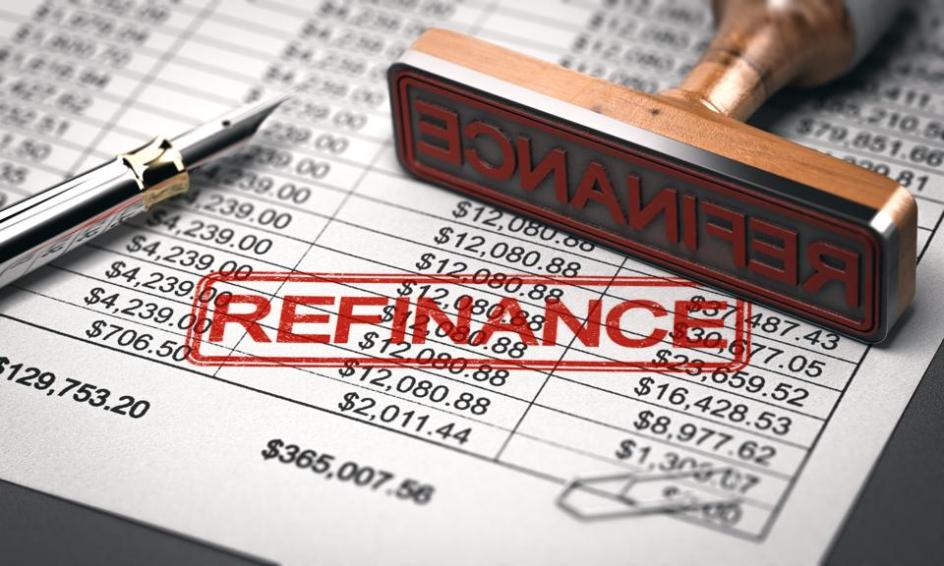How Do I Know if Refinancing My Mortgage Is Right for Me?
Refinancing a mortgage involves replacing your existing home loan with a new one, typically with different terms and conditions. It can be a strategic financial move that offers several potential benefits, including lower interest rates, reduced monthly payments, and improved cash flow. However, it's crucial to carefully consider various factors before deciding if refinancing is the right choice for you.

Factors To Consider Before Refinancing
Current Mortgage Terms:
- Interest rate: Compare your current rate to prevailing rates in the market. A lower rate can lead to significant savings over the life of your loan.
- Loan term: Consider whether you want to shorten or extend your loan term. A shorter term means paying off your loan faster but with higher monthly payments, while a longer term means lower monthly payments but more interest paid overall.
- Prepayment penalties: Check if your current mortgage has any prepayment penalties for paying off your loan early. These penalties can offset the benefits of refinancing.
Financial Situation:
- Credit score: A higher credit score typically leads to better refinancing terms, such as lower interest rates and fees.
- Debt-to-income ratio: Lenders consider this ratio when evaluating your loan application. A high debt-to-income ratio can make it more challenging to qualify for refinancing.
- Employment stability: Stable employment and a steady income increase your chances of approval for refinancing.
Property Value:
- Determine the current market value of your property: An increase in your home's value since you took out your original mortgage can provide you with more equity to leverage during refinancing.
- Consider whether your home equity has increased: Home equity is the difference between your home's value and the amount you owe on your mortgage. Increased equity can make refinancing more attractive.
Steps Involved In Refinancing
Research and Compare Lenders:
- Gather information on different lenders and their refinancing offers: Compare interest rates, fees, and terms to find the best deal.
- Compare interest rates, fees, and terms to find the best deal: Online comparison tools and mortgage brokers can help you gather this information.
Get Pre-Approved:
- Apply for pre-approval to determine how much you can borrow: Pre-approval can strengthen your negotiating position with lenders and provide you with a better understanding of your options.
Choose a New Loan Program:
- Consider fixed-rate, adjustable-rate, or hybrid mortgages: Fixed-rate mortgages offer stable interest rates throughout the loan term, while adjustable-rate mortgages (ARMs) have interest rates that can change over time.
- Decide whether you want a conventional, FHA, or VA loan: Conventional loans are the most common type of mortgage, while FHA and VA loans are government-backed loans with more flexible requirements.
Complete the Refinancing Process:
- Provide necessary documents to the lender: This typically includes proof of income, assets, and property value.
- Pay any required fees: Refinancing typically involves various fees, such as application fees, appraisal fees, and title insurance.
- Sign the new mortgage documents: Once the lender approves your application, you'll need to sign the new mortgage documents to complete the refinancing process.
When Refinancing Might Not Be The Best Option
If You Have a Low Interest Rate:
Refinancing may not be worthwhile if your current interest rate is already low. The costs of refinancing, such as fees and closing costs, may outweigh the potential savings.
If You Plan to Move Soon:
Refinancing costs can outweigh the benefits if you plan to sell your home soon. Consider waiting until you're ready to stay in your home for a longer period before refinancing.
If You Have a Short Time Left on Your Mortgage:
Refinancing may not be beneficial if you are close to paying off your loan. The remaining balance may be too small to justify the costs and effort involved in refinancing.

Summarize the key factors to consider when deciding whether to refinance your mortgage:
- Compare your current interest rate to prevailing rates.
- Consider your financial situation, including your credit score, debt-to-income ratio, and employment stability.
- Determine the current market value of your property and your home equity.
- Research and compare different lenders and their refinancing offers.
- Get pre-approved for a new loan to determine your borrowing power.
- Choose a new loan program that aligns with your financial goals.
- Complete the refinancing process by providing necessary documents, paying fees, and signing the new mortgage documents.
Encourage readers to consult with a financial advisor or mortgage expert for personalized advice:

Refinancing a mortgage can be a complex financial decision. Consulting with a qualified financial advisor or mortgage expert can help you assess your specific situation, understand the pros and cons of refinancing, and make an informed decision that aligns with your financial goals.
YesNo

Leave a Reply